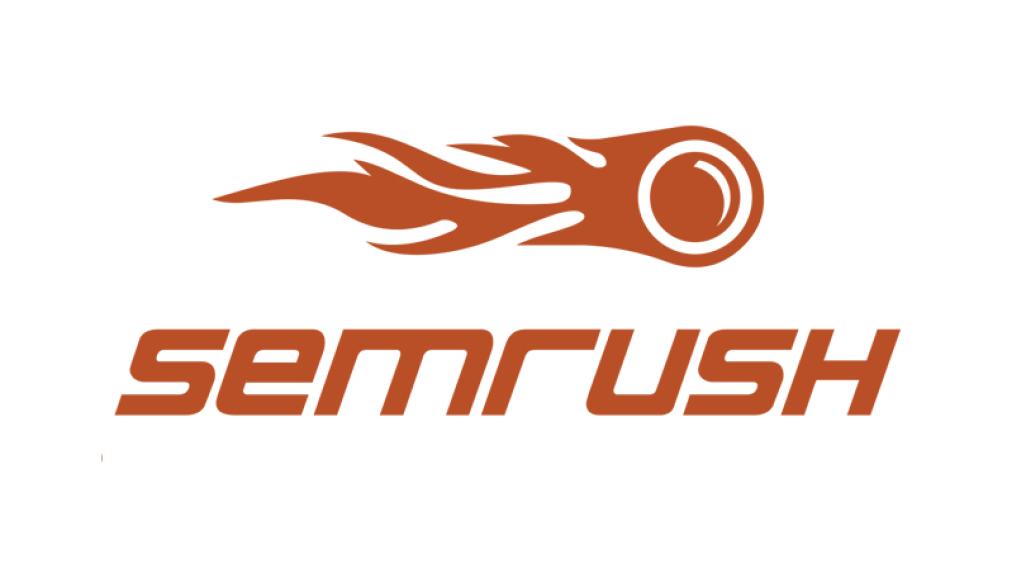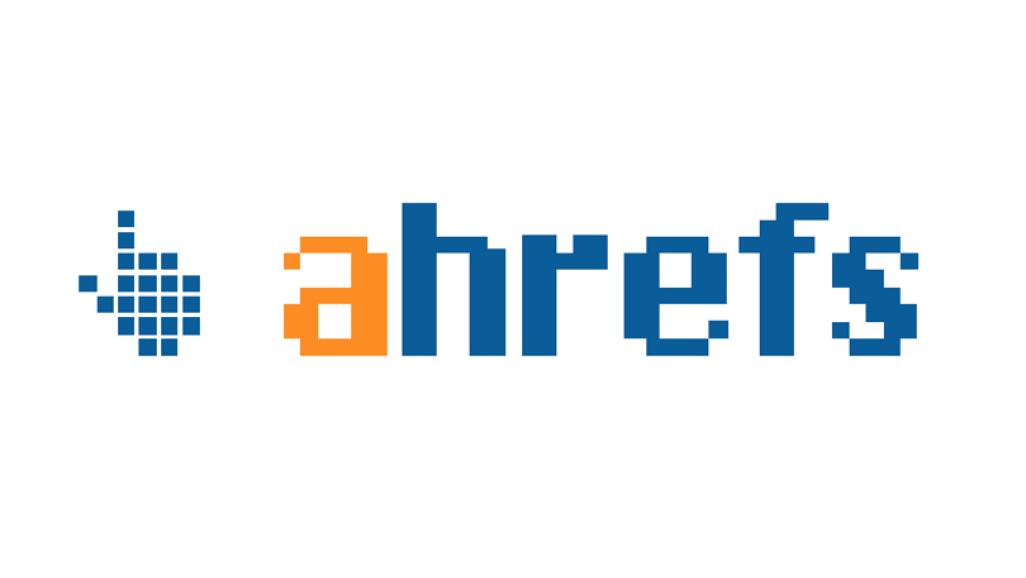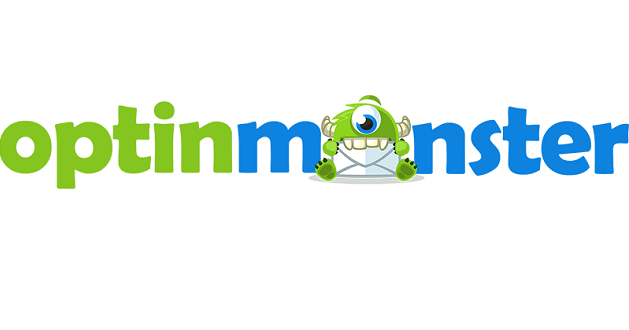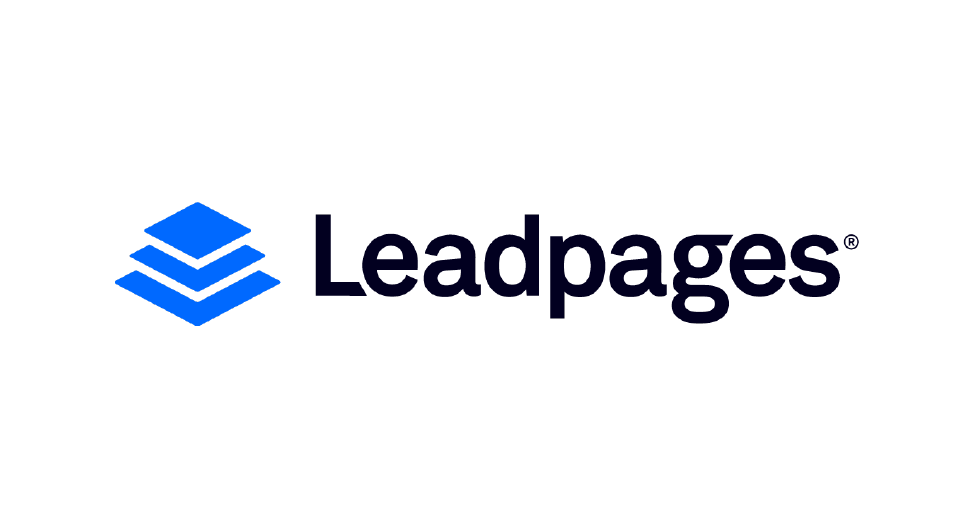SEO Overview
SEO Is A Marathon Not A Sprint
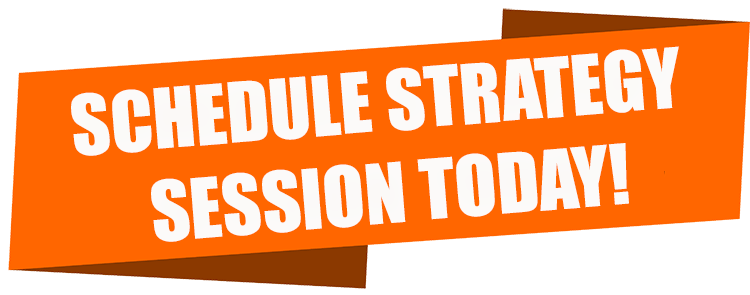
Lead Top Fold
WHAT IS SEO?
These days, nearly every business depends on website traffic to create revenue. And leveraging search engine optimization (SEO) is the key to obtaining a steady stream of visitors. SEO is the practice of organizing online content to attract a greater number of potential customers, as well as visitors who are a better fit for your business. When executed correctly, SEO tactics can help boost a website’s authority, allowing it to appear at or near the top of a search engine’s results.
Experts believe SEO first appeared in 1991, around the time the first websites were gaining traction. The practice began to take off in 1996 when Google (then called BackRub) was launched. To this day, SEO strategies focus on earning rankings from Google more than any other search engine.
The Key Elements Of Good SEO
Although the concept seems simple on the surface, good SEO involves many complex elements working together to attract both human visitors and search engines. Let’s take a look at some of the primary SEO concepts that can help bring more guests to your website.
Crawlability & Indexability
Before anything else can happen, a search engine must be able to find your website. To locate a new or updated page, Google uses bots, referred to as “crawlers”. The crawlers search the web much like a person would then return the data they find to Google’s servers.
Crawlability indicates a search engine’s ability to access and navigate the content on a webpage. On the other hand, indexability signals how well the search engine can analyze and index a page. The basic mechanics of a website can easily affect both crawlability and indexability. Issues, such as a poor website structure, broken page redirects, code errors and script problems, can prevent a search engine from finding your website in the first place.
Quality Content
Loading your page with quality content can help attract both search engines and human visitors. A search engine is more likely to boost the ranking of a site with valuable content. Similarly, visitors will be more inclined to stay on a site that has plenty of excellent material. Users may even share content they like on social media, leading to more traffic.
Quality content can also help you earn external links. Link building, which aims to increase visitor traffic, involves getting outside sources to link to your website. If you have quality content on your page, you have a better chance of being seen as an authority. And that can prompt other websites to site your material with a link.
Examples of the types of content you might want to create include blog posts, industry articles, tutorials, infographics and videos. Of course, the content itself should be search engine optimized. A blog, for instance, should include strategically-placed keywords, internal links and other optimization strategies.
Strategically Placed Keywords
When someone mentions SEO, the first thing that comes to mind is keywords. And while keywords are an important part of optimization, they can easily be overdone. Google is smart enough to recognize a website that has been “stuffed” with keywords and penalize the transgression.
The trick is to select the correct keywords for your audience, then place those keywords in the right places a certain number of times. SEO expert, Neil Patel, recommends coming up with five keywords or keyword phrases and optimizing for your selections. The keywords should be used in primary locations, such as the title and headings. You’ll also want to use them a finite number of times in the body of the text.
Exceptional User Experience
Think about it: Would you want to return to a website that has an outdated interface and slow load speed? Probably not – and neither will anyone else. That’s why providing an exceptional user experience (UX) on your website is a critical part of SEO.
To create an outstanding UX, chances are, you’ll need to employ a web developer's assistance and other outside help. There are three programming languages commonly used in website creation: HTML, CSS and JavaScript. Each language impacts a different aspect of the website. So, you'll want to be sure whoever is helping you out knows all three well.
Search engines and humans prefer slightly different traits in a UX. You’ll want to have your developer take both types of visitors into account.
Search engines are looking for a website that’s easy to crawl and index, thanks to features such as schema (structured data) and canonicalization (data that has been converted into a standardized format). People, on the other hand, want a site that’s responsive, quick, aesthetically pleasing and works well on mobile devices.
Domain Authority Status
As was mentioned, excellent content can help you get external links to build domain authority. But there’s a lot more to it than that. To be seen as an authority, you need to prove to Google that your site is both relative and trustworthy.
First, to determine a site’s relevance, a search engine will analyze the on-page content. Factors, such as the site’s language, structure, etc., are all taken into account, then sent to the search engine’s index. Once the search engine knows what the page is about, it will begin to look for high-quality, external links. Reputable external links are a good indicator of a website’s trustworthiness.
The key is that the external links must be high-quality. Google uses an algorithm, known as PageRank, to gauge a site’s reputation. So it’s easy for the search engine to weed out links from untrustworthy pages.
Basically, it’s about quality rather than quantity. According to Search Engine Journal, a link from a respected page can potentially be a million times more valuable than a link from a spammy website.
There’s another factor you should take into account, as well. Anchor text – the highlighted text you click to open a link – is also important. You’ll score more points with Google if an external link to your page contains relevant keywords.
But be careful: You can overdo it with keyword-heavy links. Too many links featuring keywords can make Google suspicious that your connections have been bought (or bartered for) rather than organically earned.
On-site SEO That Produces A High Click-Through Rate (CTR)
Click-through rate (CTR) is an important measurement that indicates how many people choose to click on your page. The metric is also important to a search engine because, in a pay-per-click model, more clicks equal more revenue.
Choosing the proper on-site SEO – including an optimized title, URL and meta description – will help boost your CTR. In all three locations, you’ll want to use relevant keywords that prompt web-searchers to click on your page. You’ll also want to include your brand name (if applicable) in the title and, potentially, the URL.
The meta description should be an engaging synopsis that tells the reader what your website is about. For the most part, this section is aimed at drawing in human visitors, rather than search engines. You’ll want to keep your audience in mind and draft the description accordingly.
What Are Rich Snippets?
To make your page easier for a search engine to read and present, you can choose to lace the HTML code with schema markup. Manipulating the code in this way also gives you the ability to add rich snippets.
Essentially, rich snippets are detailed information that shows up underneath a website’s title in a search result. Information, such as user reviews and product descriptions, can be included in the rich snippet. Having such details gives people searching the web additional data about your site. And that can lead to a better CTR.
Should You Tackle SEO Yourself Or Hire A Professional?
The information above barely scratches the surface of good SEO. With that in mind, you might want to ask yourself: Should you tackle SEO on your own or hire a professional?
Managing SEO can quickly turn into a fulltime job. That’s why, as a hardworking business owner or executive, you’re probably better off letting someone else handle optimization for you.
And that’s where Juno Digital Media comes in. Our team of SEO experts can help draw a greater number of high-quality visitors to your website. Furthermore, our SEO team works directly with in-house website developers to create a complete product.
Juno Digital Media specializes in lead generation with a touch of SEO. Our goal is to build you an authoritative website that acts as a full-time salesperson, driving traffic and earning repeat visitors. If you’re ready to outrank and outperform the competition, contact us today.

